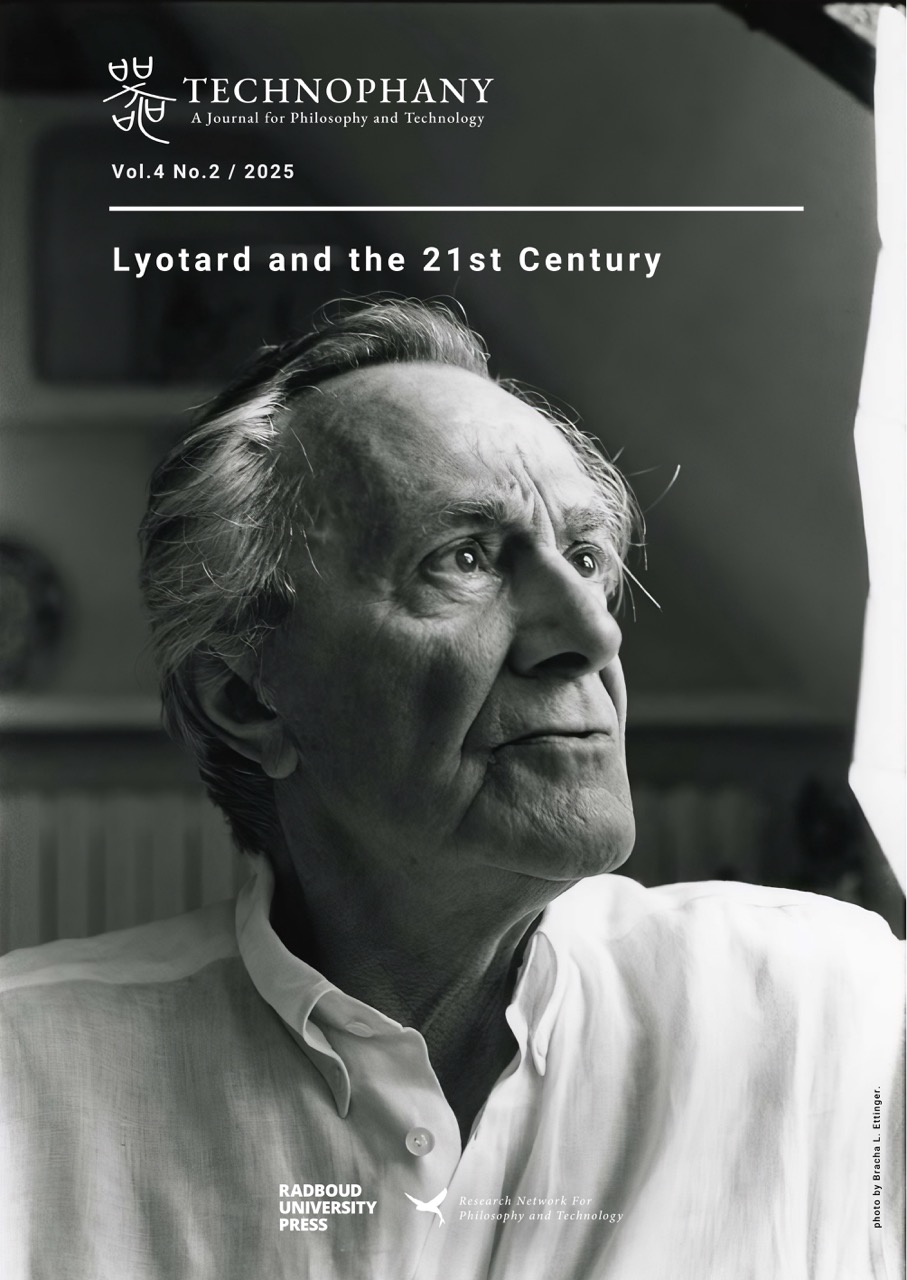Inhuman Infancy
Lyotard’s Critique of Development in an Age of Infantilization
DOI:
https://doi.org/10.54195/technophany.19594Keywords:
Jean-François Lyotard, infancy, childhood, development, Bernard Stiegler, capitalism, potentiality, affectivityAbstract
This article critically assesses Lyotard’s notions of development and infancy. In The Inhuman, Lyotard opposes development as the name for contemporary capitalism and infancy as source of resistance. However, after Lyotard, Bernard Stiegler diagnoses our contemporary situation as infantilized. This implies that infancy is no longer opposed to development, but its accomplice. Stiegler therefore calls for a new maturity, which he primarily understands as responsibility and critical thinking. I argue that this remains one-sided, because Stiegler’s inspiration—Kant’s essay on Enlightenment—leads him to a primarily negative notion of infancy. Stiegler’s call for maturity is valuable but must be supplemented with Lyotard’s notion of infancy: infancy as potentiality and affectivity. Especially Lyotard’s understanding of affectivity allows for thinking the source of those practices such as art and philosophy that do not immediately serve an external end, be it development’s end of increasing performativity or Stiegler’s end of maturity.
Downloads

Downloads
Published
Issue
Section
License
Copyright (c) 2024 Daan Keij

This work is licensed under a Creative Commons Attribution 4.0 International License.







